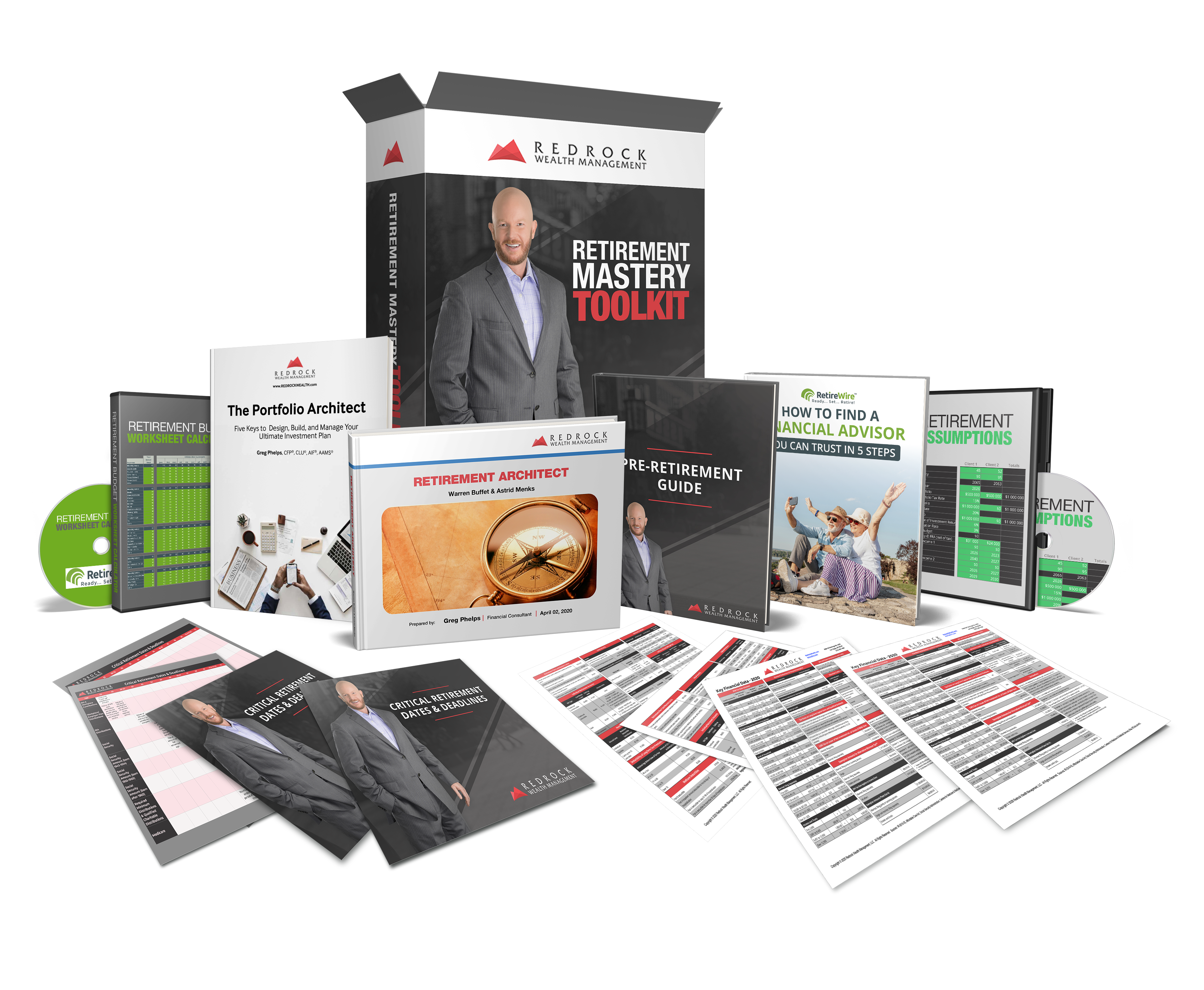Estate Planning is critical to your financial plan. It allows you to have control over facets of your life while you’re still alive and even after you’ve passed away.
One of the major benefits of creating a trust is that you’re able to evade probate, which can be an incredibly labor intensive and drawn out process, sometimes lasting years!
Some people believe that once you pass away your estate automatically transfers to your heirs.
This is not the case!
Without a properly executed estate plan, the government decides how your assets and belongings are distributed.
The only exception to this is retirement accounts like your 401k’s and IRA’s where you have to name a beneficiary.
5 Key Decisions
- Beneficiaries: This determines WHO will inherits your estate assets. Most commonly, we see clients leave their estate to their children and/or other loved ones equally. You can also leave a bequest to charities and other organizations if you so choose. The point is that you’re in control of WHO inherits your estate.
- Means of Distribution: This determines HOW your heirs will receive your estate assets once you’ve passed away. One consideration in this step is the age of your beneficiaries. Should you pass away sooner than expected and your heirs not being of age to make responsible financial decisions, you can set certain timeframe for when they can access their inheritance. For example, maybe you want to give 1/2 of their inheritance at 25 and the other half at 30. And if one of your beneficiaries has a disability, you can also set up a special needs trust so that they can tap into their inheritance. This choice should be entirely up to you, not the government!
- Successor Trustee/Executor/Financial Power of Attorney: This is a critical decision because this is the individual who will make financial decisions in the event you become incapacitated. Needless to say, you want to choose someone who will make sound financial decisions and is a good decision maker and someone you completely trust. Oftentimes your child will fill this role. In the event you don’t have any children or trusted persons, a professional trustee can also serve in this capacity.
- Health Care Power of Attorney: This person will make health care decisions for you in the event you cannot. The type of person (or people) you name will need to be able to make decisions during a challenging, emotional time. You also will be able to give your end of life wishes such as whether you would like your organs donated. Typically, we see 2-3 successors named (in order of preference).
- Guardian (if necessary): This person (or people) will have legal guardianship of your minor children in the event you die early. The guardian works together with the trustee in order for the minor children to have access to any funds, should they need it. We commonly see parents, siblings, or close friends named as guardian.
At Redrock, we leverage our relationships with some of the best estate planning attorneys in the country to create trusts for our clients. We believe that the best decision maker for who inherits your assets and how they inherit them is best made by you, not Uncle Sam!

0 Comments